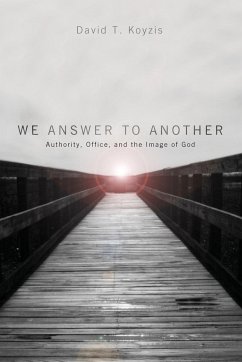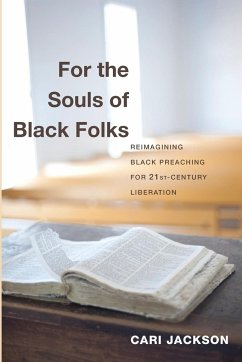As Protestant denominations are fracturing over whether to ordain gays and lesbians, this work looks at The United Methodist Church's conversations about the issue, in light of Methodism's historic contests over the leadership of African Americans and women, to see what can be learned from these earlier periods of change. Using the uniform context of the Methodist General Conference, where denominational policy is set, the book analyzes transcripts of floor debates in key years of these struggles, letting those who argued for and against the changes speak for themselves. Those arguments are read through the lens of French sociologist Pierre Bourdieu, whose theory offers a sophisticated model that goes deeper than simple ""resistance to change"" in articulating a dialectic between social structures and agents that predisposes both to reproduce existing power relationships. This interdisciplinary, historical study seeks to move beyond conscious motivations for the exclusion of these three groups and uncover deeply embedded, misrecognized social dynamics. In exploring these groups' stories, this book examines who holds power in Methodist churches, how changes in authority structures occur, and why it is such a long and painful process. ""As the United Methodist Church approaches the General Conference of 2016, there is much anxiety about divisions in our church caused by different viewpoints, passionately held, on issues of same gender relationships. As storm clouds gather on the horizon and thunder can be heard afar off, the book by Jane Ellen Nickell, We Shall Not be Moved, appears. It may or may not be too much to call its appearance at this particular time an act of providence, but it is surely a gift to our church as we attempt to weather this particular storm."" --William Boyd Grove, Bishop, retired, United Methodist Church, Charleston, WV ""In this carefully researched and beautifully written volume, Jane Ellen Nickell deftly traces important threads that are woven through the tapestry of struggle within The United Methodist Church and its predecessor denominations over issues involving racism, sexism, and homosexuality, highlighting important similarities and noting significant points of divergence. This book should be on the required reading list for all UMC leaders, both clergy and lay, but especially for delegates to future annual and general conferences."" --Rex D. Matthews, Associate Professor in the Practice of Historical Theology, Candler School of Theology, Emory University, Atlanta, GA Jane Ellen Nickell teaches religious studies and serves as chaplain at Allegheny College in Meadville, Pennsylvania.
Hinweis: Dieser Artikel kann nur an eine deutsche Lieferadresse ausgeliefert werden.
Hinweis: Dieser Artikel kann nur an eine deutsche Lieferadresse ausgeliefert werden.








